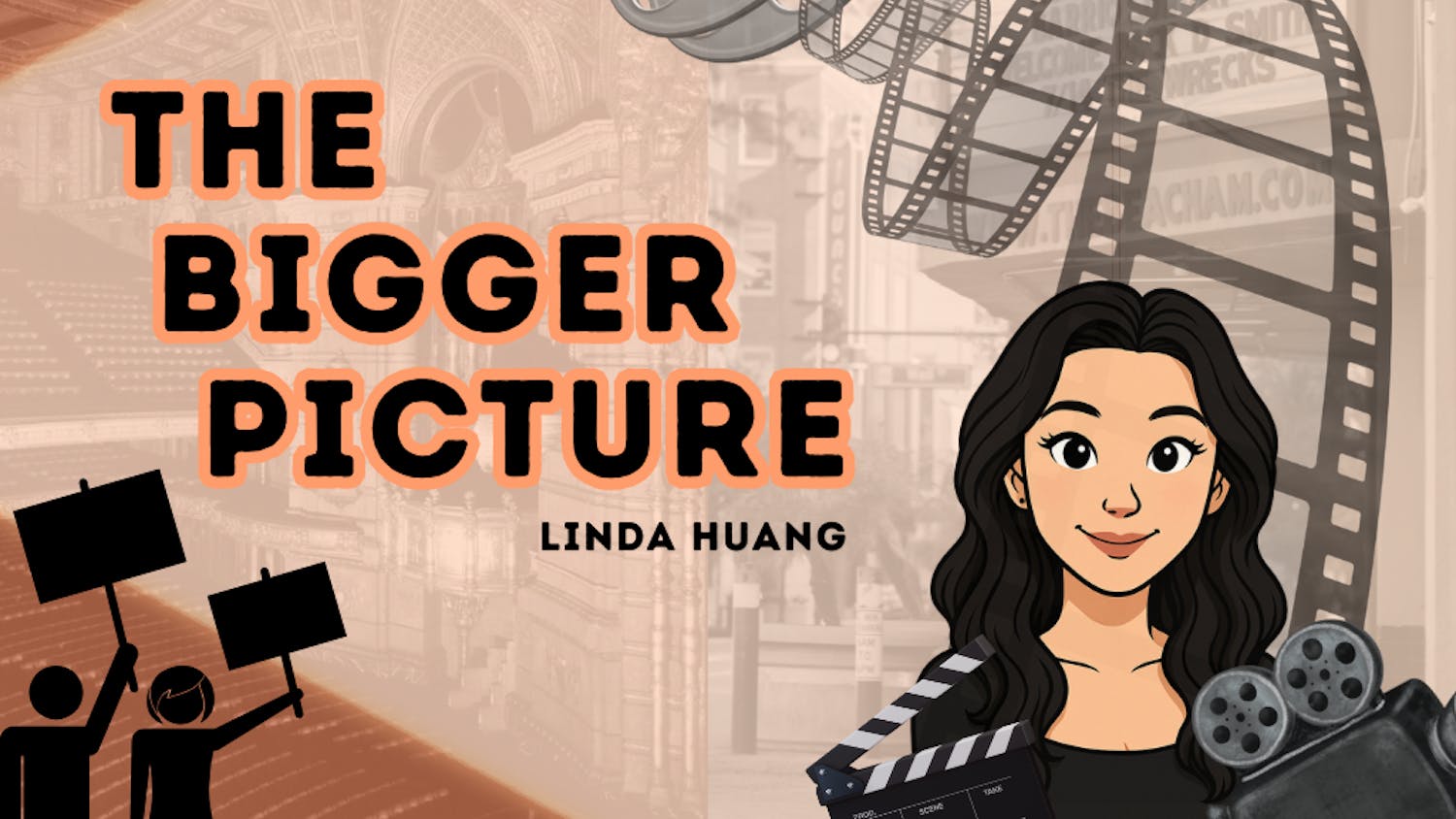Editor’s note: This column is part of a fictional weekly serial.
“...and if I find out you’ve given my name to any mailing lists, there WILL be hell to pay!”
Finding her tirade’s target out of earshot, Cecilia stood on the curb for a moment, allowing herself the indulgence of a self-righteousness that passed too quickly into guilt. Vindication was not the ideal post-date emotion.
She turned back to the bar entrance, recalling a tab left unpaid, and noticed for the first time a man leaning near the door. He had obviously been there the whole time and looked up guiltily, as if he were the one disturbing the peace.
“If this were the 60s, this would be about when I’d offer you a cigarette.”
She scoffed. “If this were the 60s, a woman probably couldn’t get away with the kind of language I just used.”
“Well, even today, comparing your boyfriend to Hitler miiiiight not be the best idea.”
“It was our first date -- I’ll probably be okay.”
Cecilia turned to go back into the bar, then thought better of it. “So, what are you smoking your metaphorical cigarette for?”
“I’m just here with some friends but —” He sighed, suddenly looking very tired. “My dad just died a few weeks ago, and it just feels a little irreverent, I guess.”
“I’m sorry—”
“Why? You didn’t kill him.”
“That I know of. Maybe he read one of my articles.”
“You’re a writer?” he asked at the same moment that she groaned, “I’m sorry, that was a terrible joke.”
“That’s okay. No one seems to know how to talk about this. I obviously don’t.”
Finding no appropriate apology, Cecilia clarified, “Not a writer, by the way. I mean, I write stuff and publish some of it but it’s not a career or anything.”
He attempted a smile but had clearly lost interest. Cecilia looked once again at the bar.
“Do you ... want to talk about it? About your dad?” she found herself asking, cringing at how clinical and obligatory that sounded but feeling nonetheless that, somehow, standing outside a bar with a man whose name she still hadn’t learned, it was the right thing to say. “I mean, I’m offering. There’s a better bar like a block down.”
Back in her apartment later that night, Cecilia bought and printed the tickets that would take her to her grandfather’s, the trip she had been so set against just days ago. There was something wistful and generically familiar in the way her new friend Ian—Ian Henry, the man of two first names—spoke about his deceased father that had made her certain that she would only regret it if she didn’t make this trip. And if the trip meant delaying having to make a decision about seeing Ian again, delaying the conversation that inevitably came with all her second dates — well, those were thoughts for another time. As far as anyone else needed to know, she was making this trip for altruistic reasons alone.
More from The Tufts Daily
Worth Going Broke?: Heaven in a sandwich
By
Eloise Bernstein
| February 13
The Bigger Picture: ‘When Harry Met Sally…’
By
Linda Huang
| February 13
Serve & Survey: Cupid’s dilemma
By
Jaylin Guzman
| February 13





